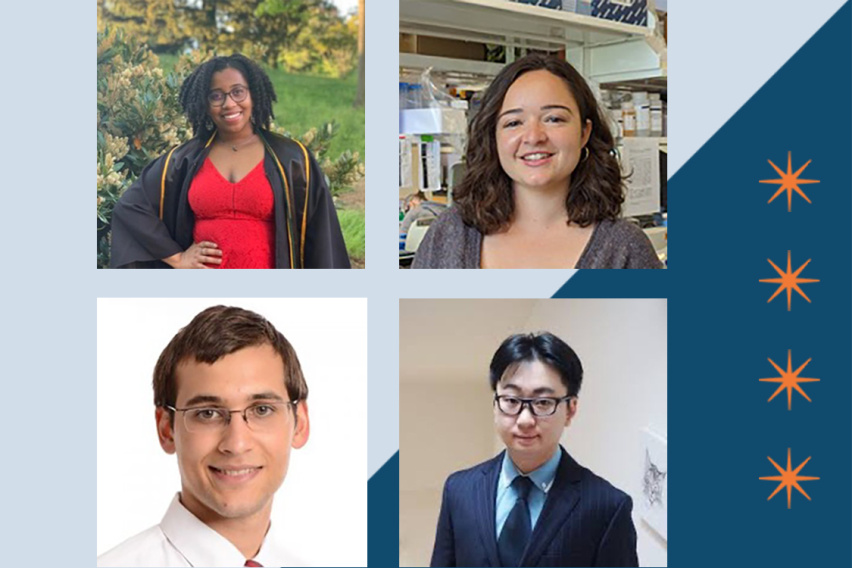MIT Koch Institute
December 6, 2022
The Marble Center for Cancer Nanomedicine and the MIT Center for Precision Cancer Medicine are pleased to announce the 2022-2023 class of Convergence Scholars. Founded in 2017, the Convergence Scholars Program is designed to foster the career development of aspiring independent scientists with diverse interests in research, technology, and STEM outreach. This year's scholars are: Elizabeth (Liz) Calle (Langer Lab), Andrea Casiraghi (Koehler Lab), Gil Covarrubias (Hammond Lab), Keith Eidell (Hemann Lab), Susanna Elledge (Bhatia Lab), Sophie Herbst (White Lab), B.J. Kim (Irvine Lab), Shalmalee Pandit (Belcher Lab), Malte Roerden (Spranger Lab), and Jacob Witten (Anderson Lab).
